(Trang 104)
Reflexive pronouns
We use reflexive pronouns when the subject and the object of the verb are the same. Mark taught himself to play the guitar. (subject = Mark; object = Mark) We use them to talk about reflexive actions. Alara bought herself a new phone. They made themselves some breakfast. We use emphatic pronouns to emphasise the person or thing that does the action. I spoke to the manager myself. (= Nobody spoke to the manager for me.) We finished all the work ourselves. (= Nobody helped us to finish it.) Defining and non-defining relative clausesWe use a defining clause to provide necessary and important information about the noun or pronoun it modifies. No commas are used in defining clauses. One of the important aspects which is highly valued in Việt Nam is family. We use a non-defining clause to provide additional information about the noun or pronoun it modifies. Commas are used in non-defining clauses. Water puppetry, which is one unique aspect of Vietnamese culture, came from in the rice fields of the Red River Delta in Việt Nam. | LinkersWe use because, but, so and so that to link ideas. We use because to give a reason for an action. I volunteered at a primary school because I like working with children. (= reason for first clause) We use so to explain a result. I like working with children so I volunteered at a primary school. (= result of first clause) We use so that to talk about the purpose of an action. I'm working hard so that I can pass my exams. (= in order that I can pass my exams) We use but to show a contrast of ideas. He taught himself to paint, but he isn't very good at it. |
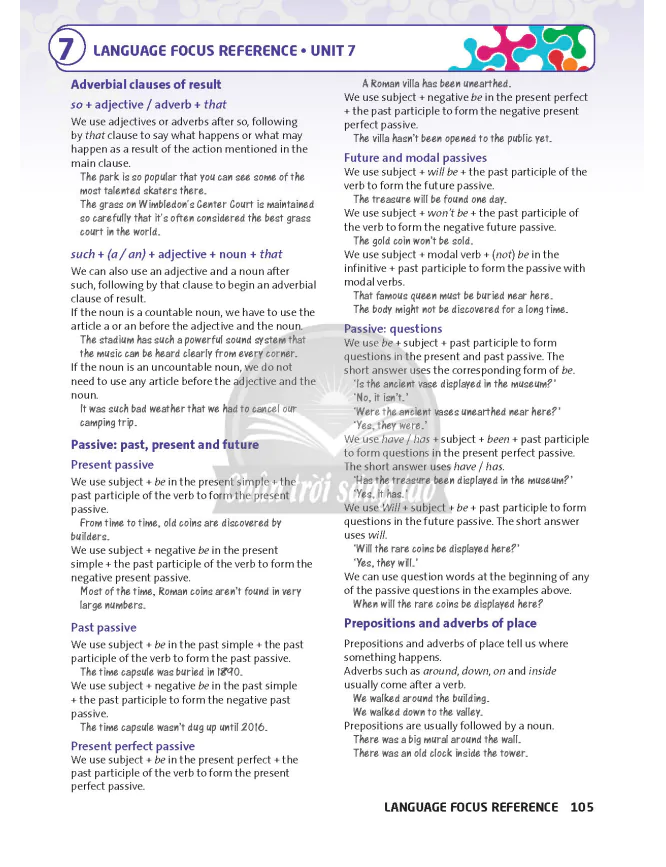
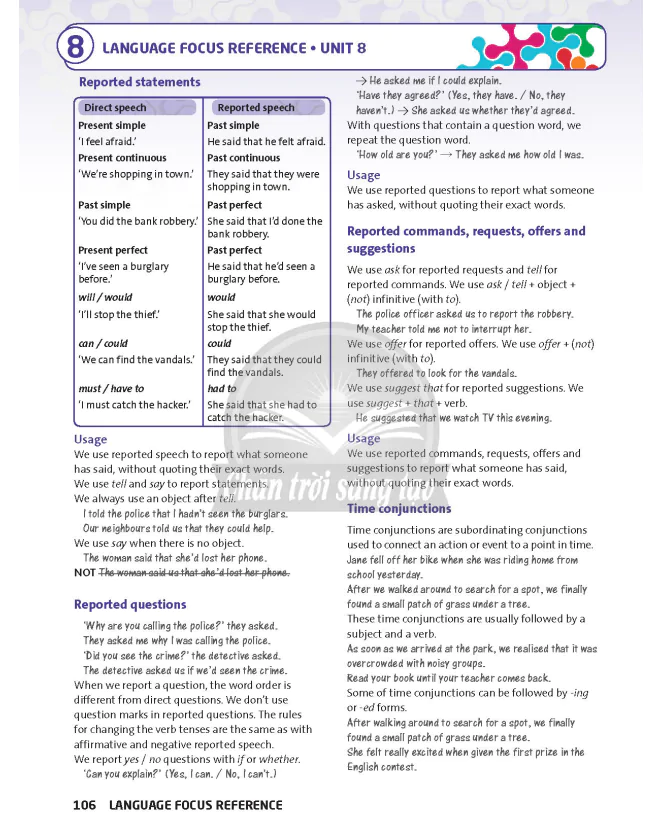
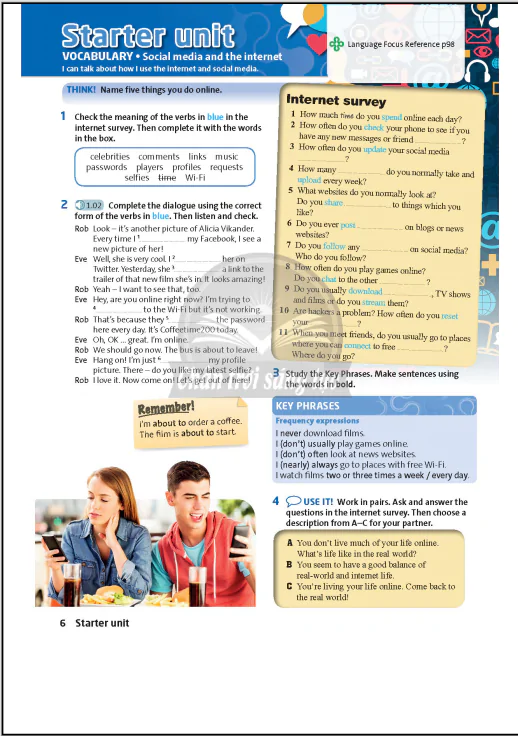
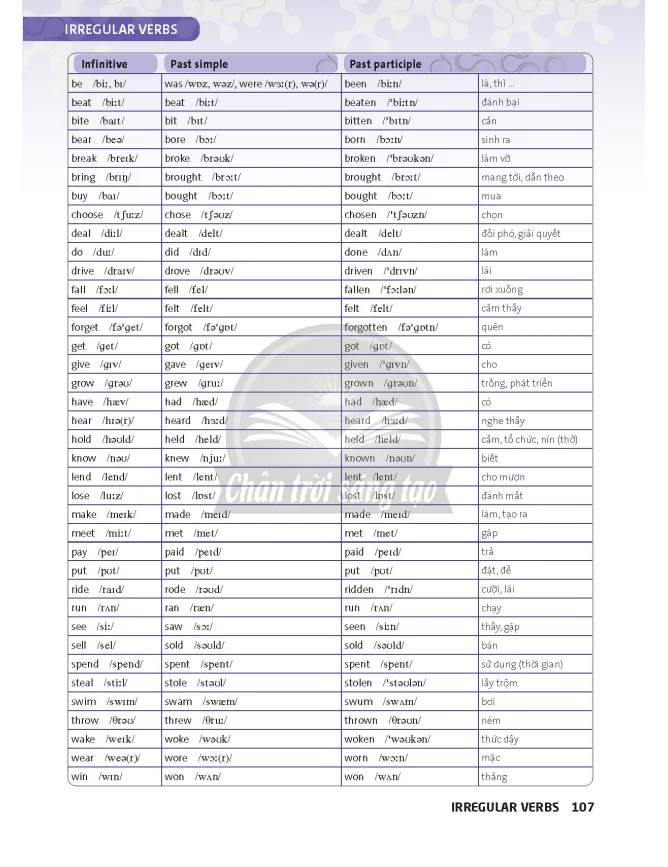
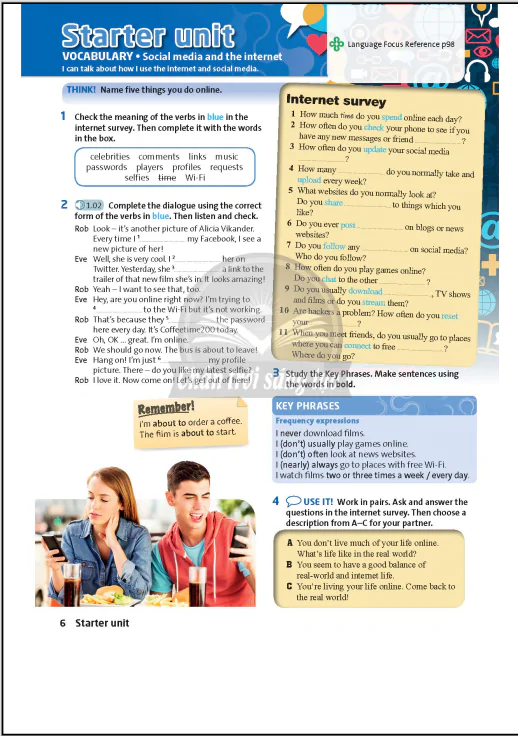

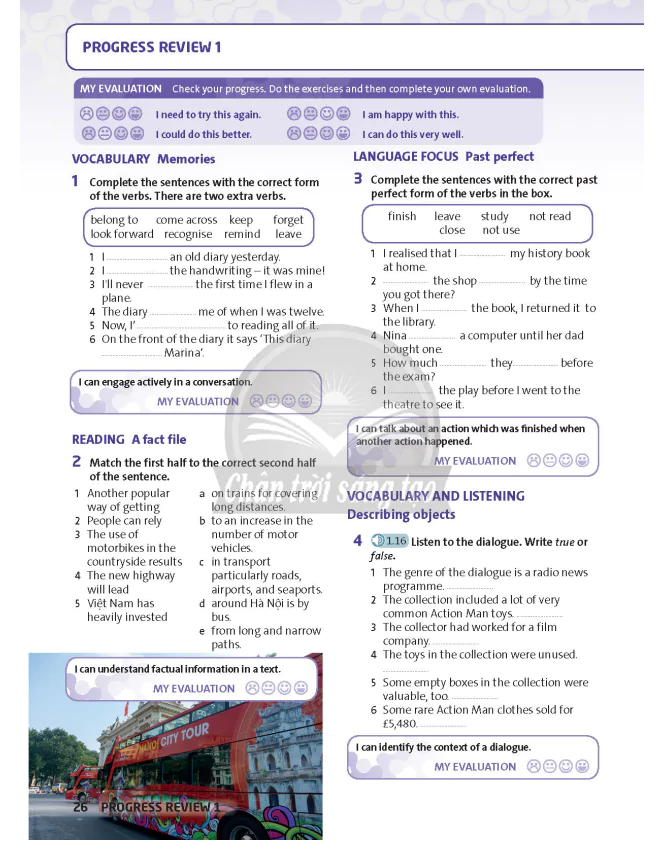
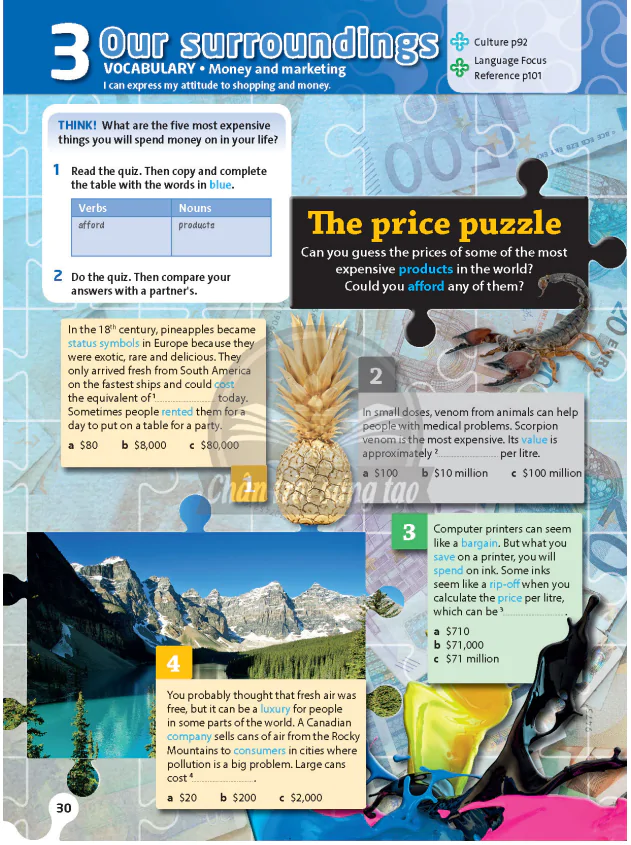
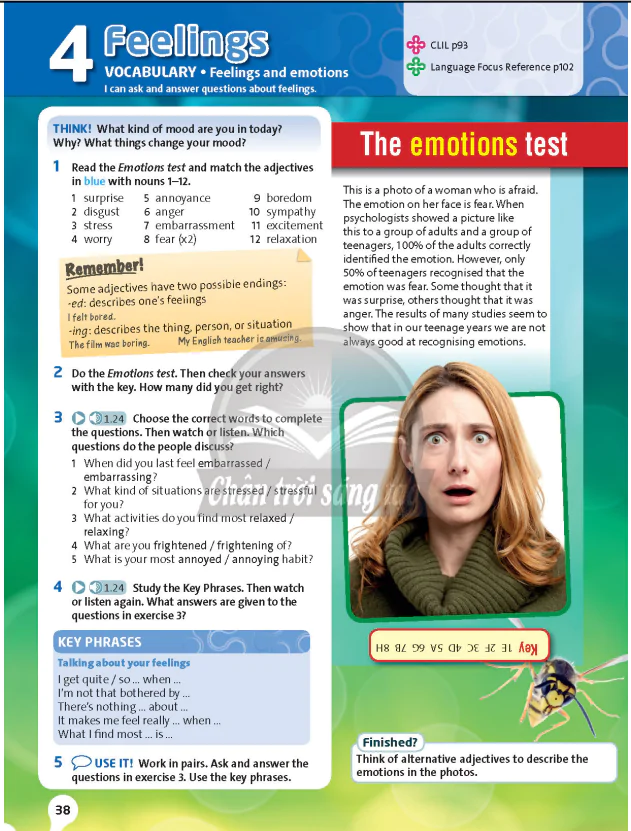
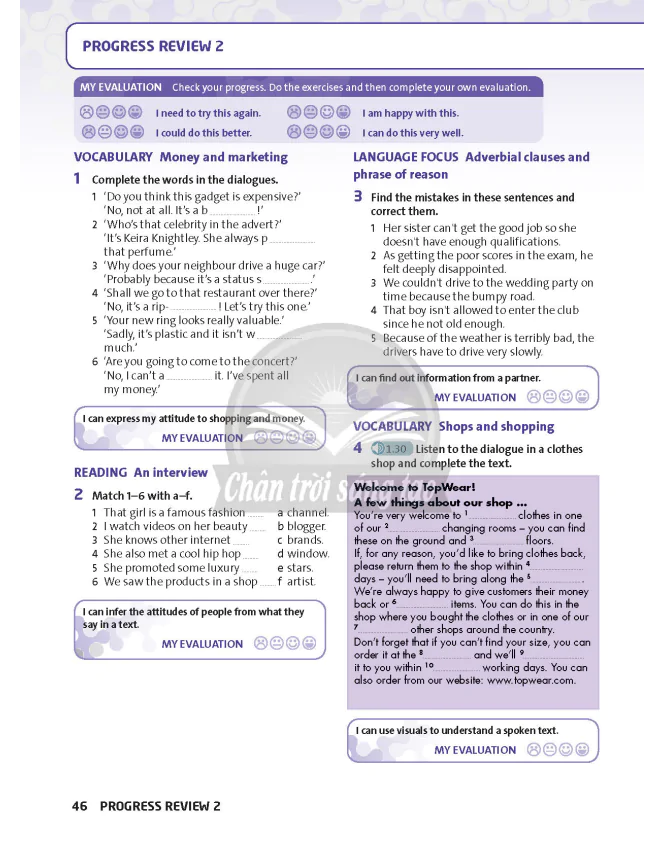
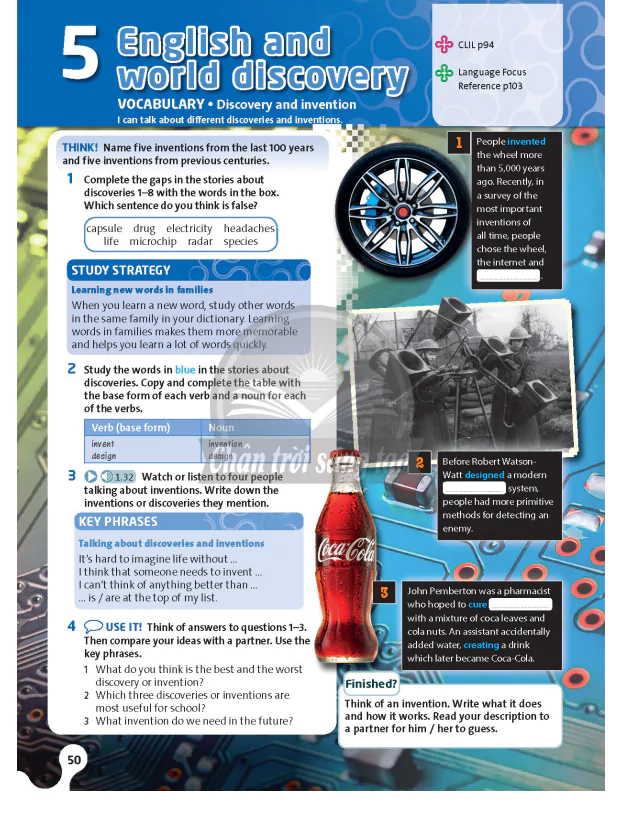

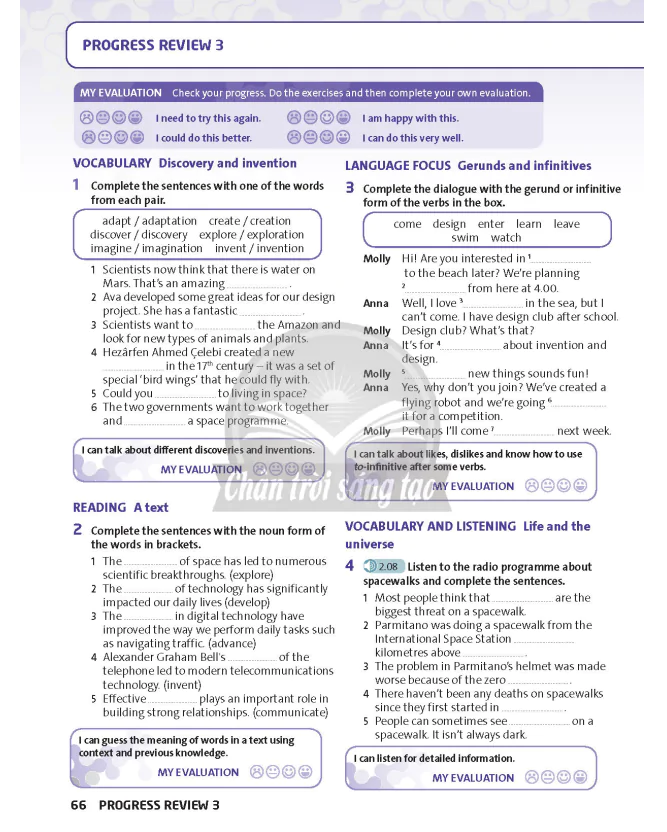
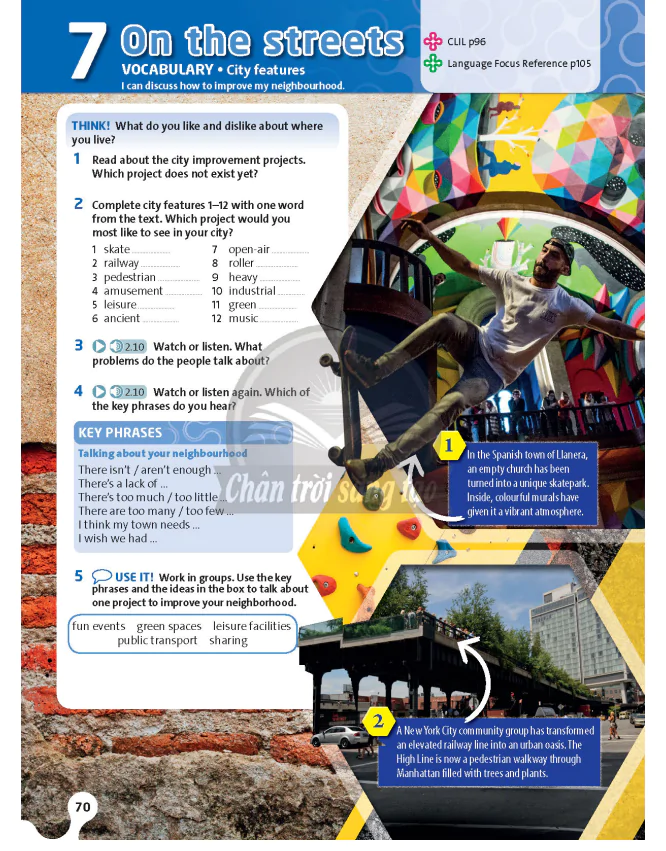
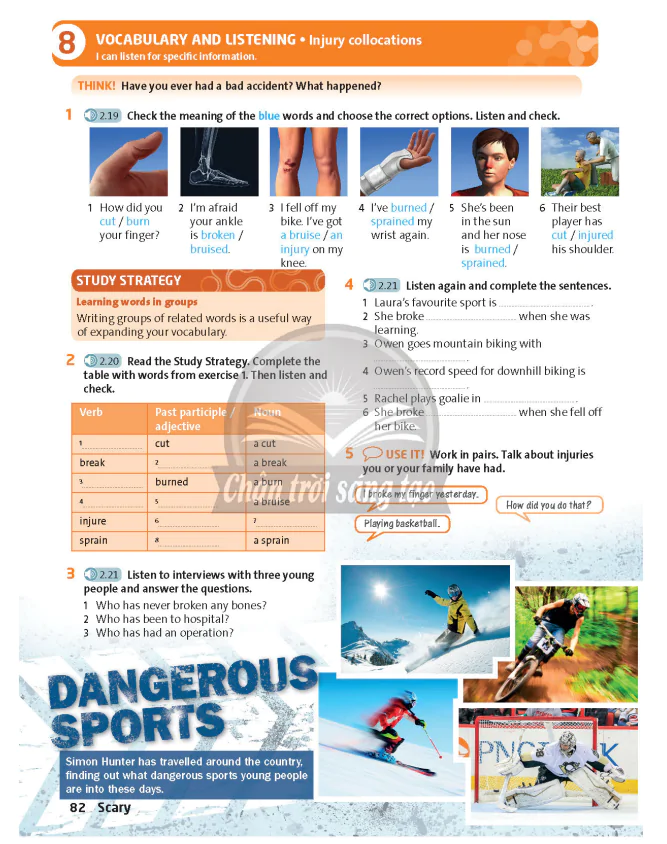
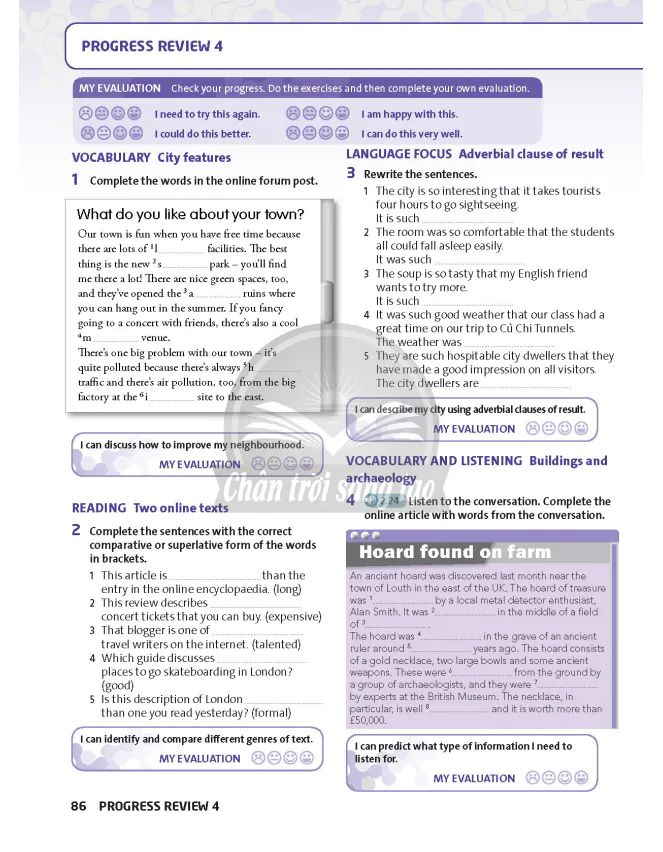
























Bình Luận
Để Lại Bình Luận Của Bạn